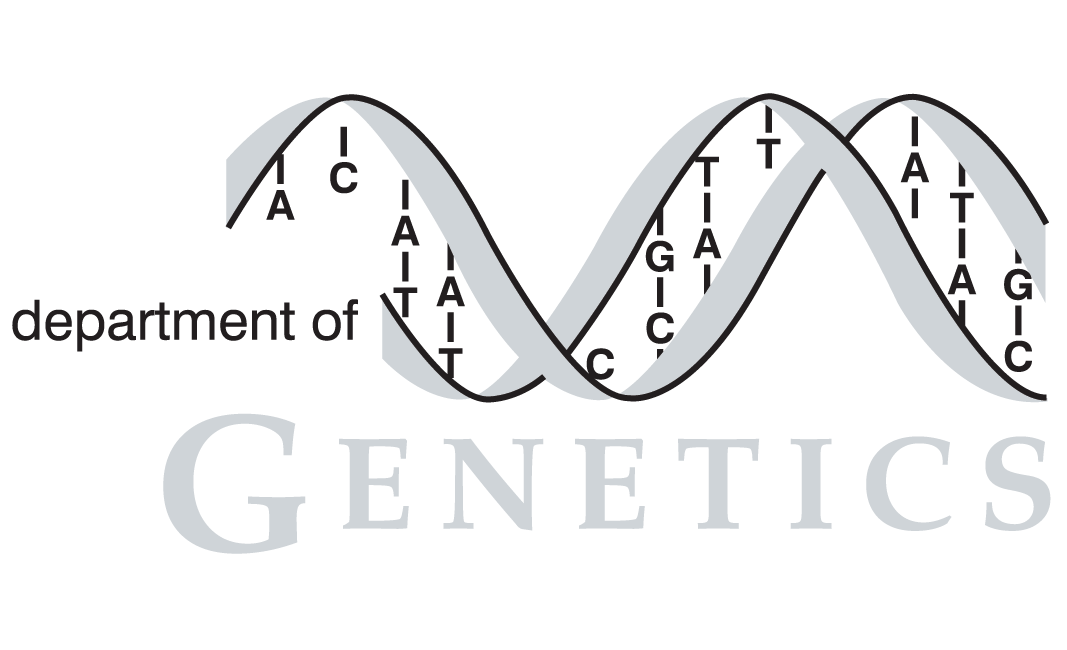| Citation | Aragon AD, Quinones GA, Thomas EV, Roy S, Werner-Washburne M. Release of extraction-resistant mRNA in stationary phase Saccharomyces cerevisiae produces a massive increase in transcript abundance in response to stress. Genome biology, 2006. |
| PubMed ID | 16507144 |
| Short Description | Effect of various proteases on RNA extraction in oxidatively stressed stationary phase cells |
| # of Conditions | 28 |
Full Description

|
BACKGROUND: As carbon sources are exhausted, Saccharomyces cerevisiae cells exhibit reduced metabolic activity and cultures enter the stationary phase. We asked whether cells in stationary phase cultures respond to additional stress at the level of transcript abundance. RESULTS: Microarrays were used to quantify changes in transcript abundance in cells from stationary phase cultures in response to stress. More than 800 mRNAs increased in abundance by one minute after oxidative stress. A significant number of these mRNAs encode proteins involved in stress responses. We tested whether mRNA increases were due to new transcription, rapid poly-adenylation of message (which would not be detected by microarrays), or potential release of mature mRNA present in the cell but resistant to extraction during RNA isolation. Examination of the response to oxidative stress in an RNA polymerase II mutant, rpb1-1, suggested that new transcription was not required. Quantitative RT-PCR analysis of a subset of these transcripts further suggested that the transcripts present in isolated total RNA from stationary phase cultures were polyadenylated. In contrast, over 2,000 transcripts increased after protease treatment of cell-free lysates from stationary phase but not exponentially growing cultures. Different subsets of transcripts were released by oxidative stress and temperature upshift, suggesting that mRNA release is stress-specific. CONCLUSIONS: Cells in stationary phase cultures contain a large number of extraction-resistant mRNAs in a protease-labile, rapidly releasable form. The transcript release appears to be stress-specific. We hypothesize that these transcripts are associated with P-bodies. |
Tags
 |
Contact: sgd-helpdesk@lists.stanford.edu


